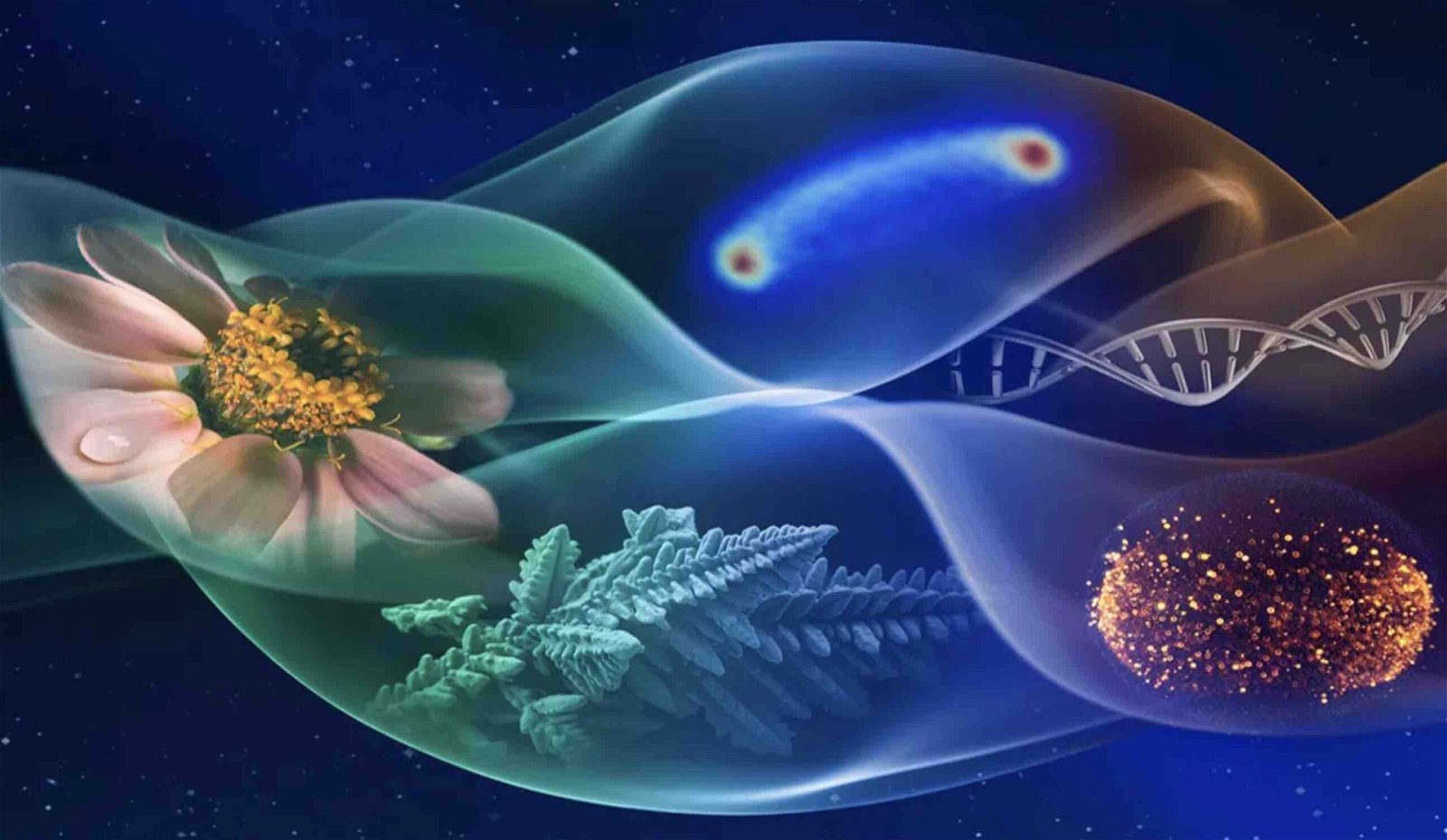NASA is gearing up for a new space biology research program, which the agency says will advance its understanding of how lunar dust can affect animals and plants, along with a range of other investigations into how the lunar environment may affect organisms.
NASA announced that it has awarded nearly a dozen grants or cooperative agreements as part of its Thrive In DEep Space (TIDES) program, which aims “to enable long-duration space missions and improve life on Earth through innovative research,” the agency said in a release on Tuesday.
The focus areas of the TIDES program will study how environmental stressors imposed by spaceflight can impact organisms, along with other information aimed at helping NASA better understand how to leverage technologies in the years ahead as advances in human spaceflight carry our explorations further into deep space.
The space biology research programs include investigations into plants undertaken by University of Wisconsin, Madison scientist Simon Gilroy, Ph.D., who will look at how lunar regolith impacts the nutrition of vegetation. Aymeric Goyer, Ph.D. of Oregon State University, will also undertake a study of potato plants grown in lunar regolith.
At the intersection of plant studies and microbial organisms, Christopher Mason, Ph.D., a professor of physiology and biophysics at Weill Medical College of Cornell University, will study how microbes known as extremophiles can potentially aid plant growth in lunar soil.
A similar research effort, undertaken by University of Texas, Austin researcher Thomas Juenger, Ph.D., will look at engineering plant-microbial interactions to aid plant growth in simulated lunar soil, and Miranda Haus, Ph.D. of Michigan State University will examine root stunting in lunar highland regolith and its effect on legumes.
Additional TIDES research efforts will focus on how lunar regolith-based substrate impacts the growth of tomatoes, lettuce, and other vegetables, along with a series of experiments undertaken by Kathryn Fixen, Ph.D. with the University of Minnesota, into small-scale investigations of how lunar regolith may affect plants.
Animal research investigations are also included in the array of experiments undertaken by the TIDES program, which includes studies by Arizona State University scientist Cheryl Nickerson into the effects of lunar dust on the human intestine, as well as infectious disease risks, and investigations by NASA Ames researcher into how biological systems on the cellular level may be impacted by spaceflight and lunar regolith.
“Eleven investigators will conduct these Space Biology investigations from ten institutions in nine states,” the NASA statement reads. “Eight of these awards are to investigators new to the Space Biology Program.”
“When fully implemented, approximately $2.3 million will be awarded in fiscal years 2024-2027,” the agency said. More about NASA’s TIDES program can be found at the agency’s website.
Micah Hanks is the Editor-in-Chief and Co-Founder of The Debrief. He can be reached by email at micah@thedebrief.org. Follow his work at micahhanks.com and on Twitter: @MicahHanks.

